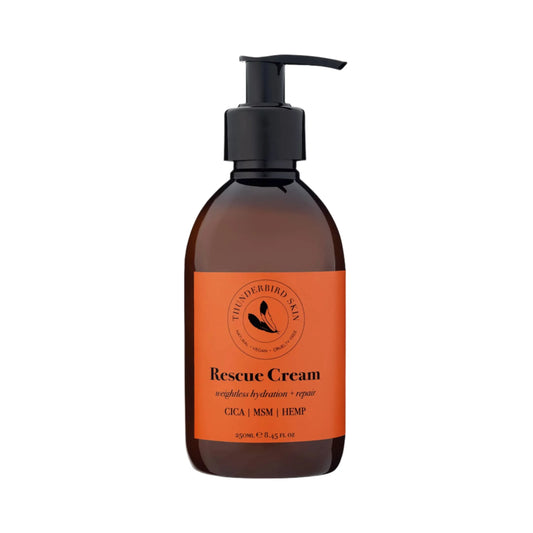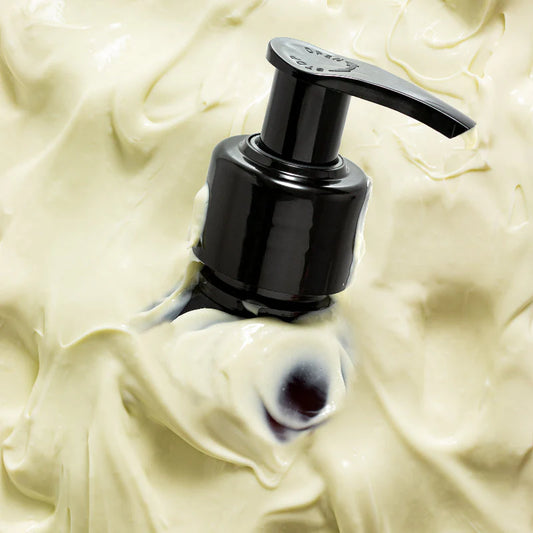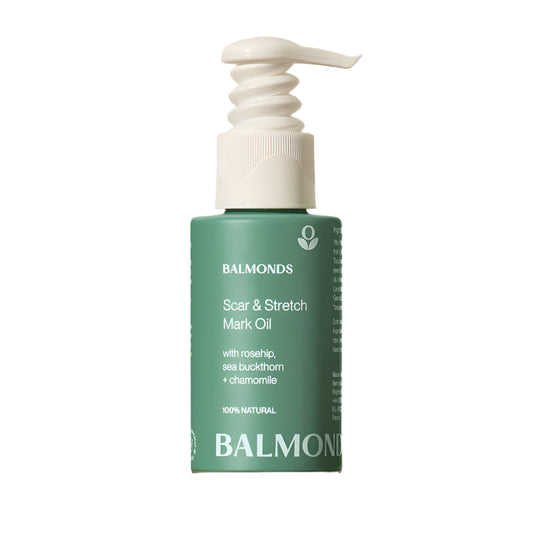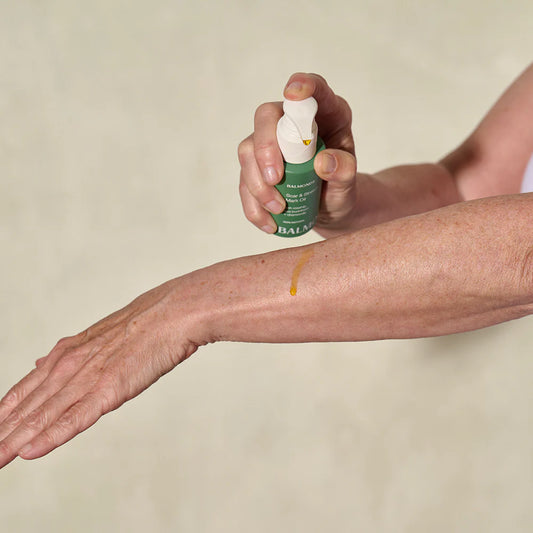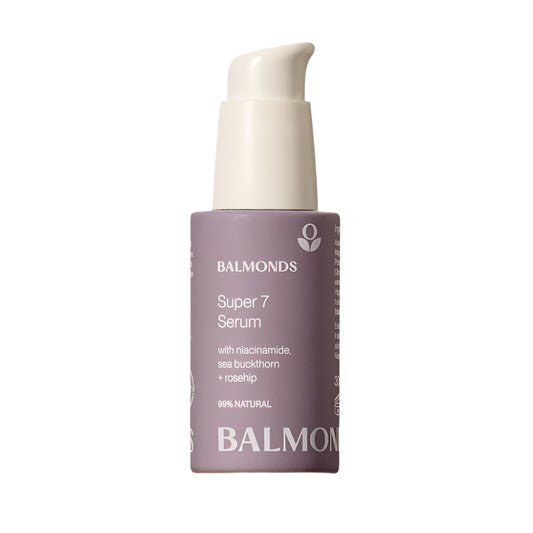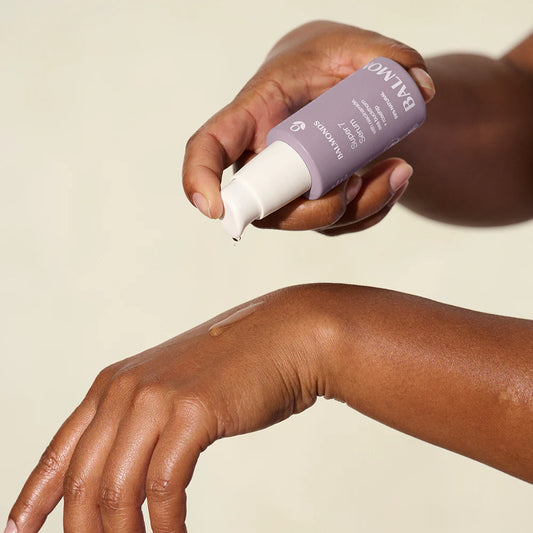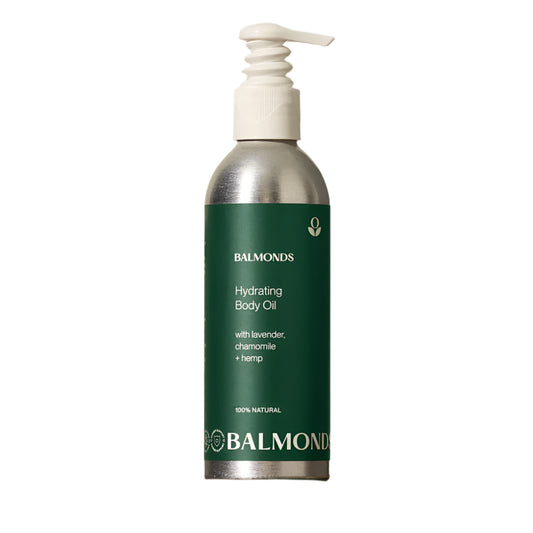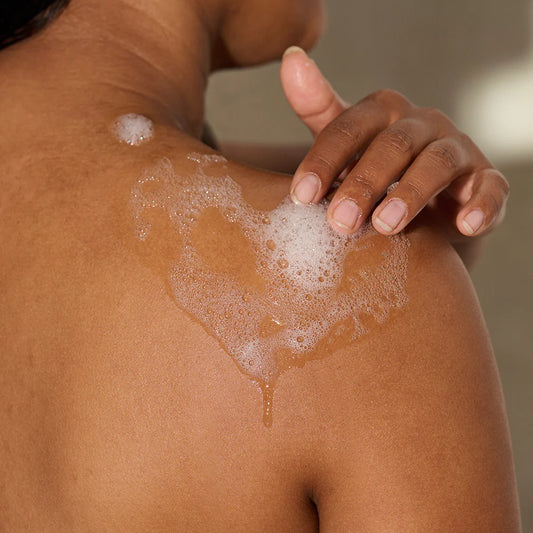
Skincare vs No Skincare: Is a Routine Really Necessary?
Share
In a world flooded with cleansers, serums, and tonics, the idea of stripping it all back can feel oddly tempting. With trends like skinimalism and bare-faced beauty on the rise, many are beginning to ask: Is skincare really essential—or can you get away with doing nothing at all?
The debate of skincare vs no skincare has gained traction in recent years, especially as more people become aware of product overload, misinformation, and marketing hype. But what’s the real answer? Do our skin cells really need serums and creams, or can they thrive just fine on their own?
In this blog, we’ll explore both sides of the conversation, weigh the pros and cons, and help you decide what’s best for your own skin.
The Case for Skincare
Let’s start with what we know: our skin is constantly exposed to environmental stressors like pollution, sun damage, dry air, and bacteria. A solid skincare routine is designed to protect, nourish, and restore the skin—helping it perform its natural functions more effectively.
What Skincare Can Do for You:
-
Cleanse away dirt and impurities
Daily cleansing removes grime, sweat, and makeup that can clog pores and lead to breakouts or dullness. -
Maintain hydration and moisture balance
Moisturisers and serums help lock in water, keeping skin plump, soft, and youthful. -
Prevent long-term damage
Sunscreen protects against UV rays that can cause premature ageing and even skin cancer. -
Target specific concerns
From acne to pigmentation, skincare ingredients like salicylic acid, niacinamide, and vitamin C are backed by science to visibly improve skin health. -
Support the skin barrier
A healthy barrier protects against inflammation, sensitivity, and moisture loss.
So, in the skincare vs no skincare debate, there’s no denying that targeted skincare—when used correctly—can make a real difference.
The Case for No Skincare (Or Less Skincare)
On the other hand, there’s a growing movement towards doing less—and for good reason. Skincare doesn’t have to be complicated to be effective. In fact, too many products or overly harsh ingredients can backfire, damaging the skin’s protective barrier and causing sensitivity or breakouts.
Why Some People Opt for No Skincare:
-
Avoids product overload
Using too many active ingredients at once (hello, retinol and AHAs and vitamin C) can confuse or irritate the skin. -
Lets skin self-regulate
The skin has its own built-in mechanisms for hydration and repair. Over-reliance on products may weaken this natural function over time. -
Saves time, money, and waste
A no-skincare (or minimalist) routine means fewer bottles, less packaging, and more simplicity. -
Great for sensitive skin
For those prone to eczema, rosacea or allergies, reducing product use can help calm and reset the skin.
Some people claim their skin improved after giving up skincare altogether—often called “skin fasting.” However, it’s worth noting that results vary depending on genetics, lifestyle, environment, and skin type.
Skincare vs No Skincare: What Does Science Say?
Science doesn’t favour one extreme over the other. Most dermatologists agree that basic skincare is beneficial, especially when it includes the following three essentials:
- Cleanser – To remove dirt, oil, and pollutants
- Moisturiser – To maintain hydration and barrier strength
- Sunscreen – To protect against UV damage (arguably the most important step)
Beyond that, anything else—like serums, toners, oils, masks—is optional based on your skin’s specific needs.
The idea isn’t to do nothing, but to do enough—without going overboard.
Who Might Thrive Without Skincare?
Going without skincare may work for people who:
- Have balanced, non-reactive skin
- Live in low-pollution environments
- Stay hydrated and eat a nutrient-rich diet
- Don’t wear makeup daily
- Are genetically blessed with resilient skin
Even then, sunscreen remains non-negotiable. UV damage is cumulative and often invisible until it’s too late.
Who Needs Skincare the Most?
On the flip side, skincare is crucial for:
- Ageing skin – Collagen production slows with age; ingredients like retinol and peptides can help.
- Acne-prone or oily skin – Salicylic acid, benzoyl peroxide, and niacinamide are game-changers.
- Dry or sensitive skin – A gentle, hydrating routine helps rebuild the skin barrier.
- Hyperpigmentation and melasma – Vitamin C, azelaic acid, and sunscreen are essential.
- People living in urban areas – Pollution and stress accelerate skin damage.
Finding the Right Balance
The real answer to skincare vs no skincare lies in balance. You don’t need a 12-step routine, but skipping skincare entirely might not serve your skin in the long run either.
A simple, effective routine could look like:
Morning:
- Gentle cleanser
- Hydrating moisturiser
- Broad-spectrum SPF 30+
Evening:
- Cleanser
- Treatment (if needed: serum or active ingredient)
- Moisturiser or facial oil
Add masks or exfoliants once or twice a week as needed.
Final Thoughts
The skincare vs no skincare debate isn’t about who’s right—it’s about what works best for you. Some people thrive with minimal or no skincare, while others need consistent care to keep their skin happy and healthy.
Rather than buying into extremes, listen to your skin, be intentional with what you use, and remember that more isn’t always better.
Your skin’s job is to protect you—your job is to support it, in whatever way feels right for your lifestyle, budget, and values.

